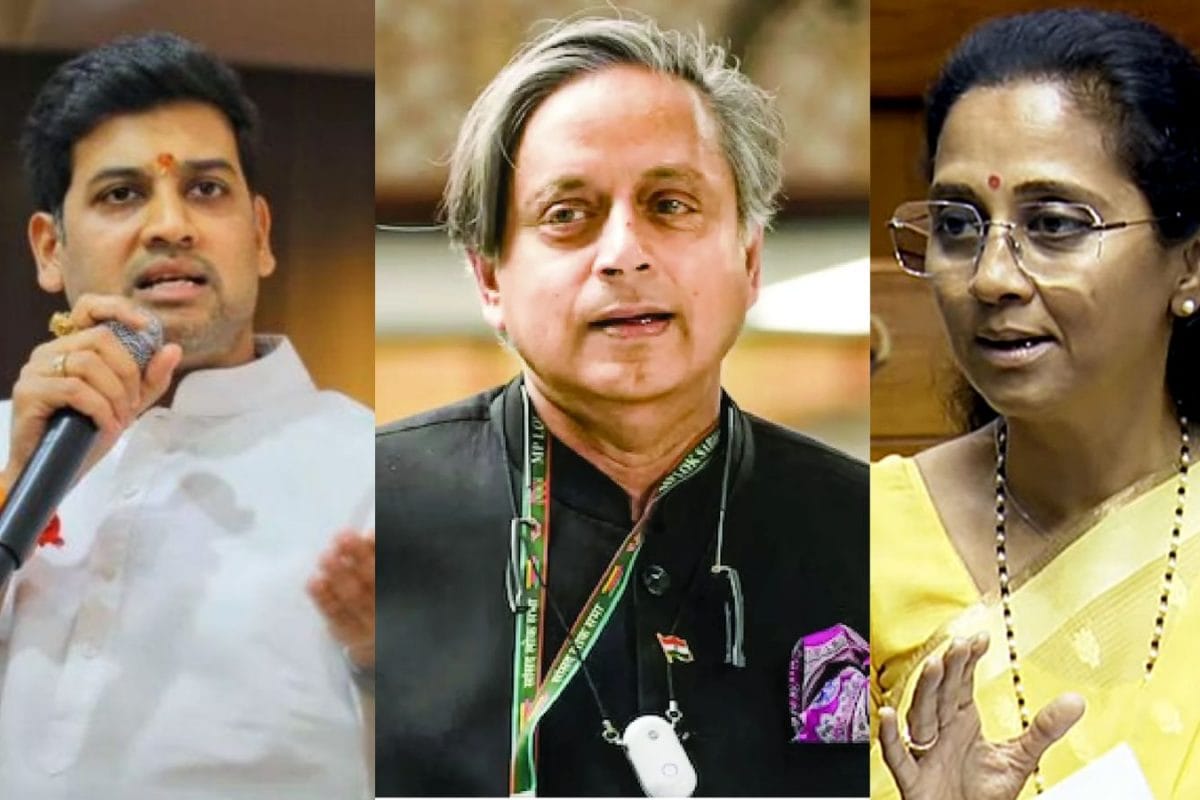

Following the recent Pahalgam terror attack and the subsequent Operation Sindoor, India has intensified its global anti-terrorism efforts. This involves both diplomatic outreach and actions aimed at designating terrorist groups at the United Nations. Here's a breakdown of the key aspects:
Teams and Leadership
To present a united front, the Indian government is dispatching all-party parliamentary delegations to key countries. These delegations comprise Members of Parliament (MPs) from various political parties, primarily drawn from parliamentary standing committees. The Ministry of External Affairs (MEA) is working with the Lok Sabha and Rajya Sabha secretariats to finalize the list of MPs for these delegations.
Seven all-party delegations have been formed, each led by a distinguished MP:
These leaders represent a cross-section of the Indian political landscape, emphasizing the nation's united stance against terrorism. Some reports suggest that former ministers may also be involved in leading some of the delegations.
Objectives and Destinations
The primary objective of these delegations is to brief foreign governments and media on the Pahalgam terror attack, Operation Sindoor, and India's broader diplomatic stance on terrorism emanating from across the border. The initiative aims to highlight how India, as a victim of Pakistan-backed terrorism, has responded decisively. The delegations will convey that the country stands together in the face of terror.
The destinations for these delegations include key countries in Europe and the Gulf. The Indian Express reported that the delegations would also visit member nations of the United Nations Security Council. The MEA will brief the MPs before their departure. The delegations are expected to depart around May 22-23 for a period of approximately 10 days. Indian embassies will assist the MPs' efforts by coordinating meetings and providing logistical support.
Focus on the Resistance Front (TRF)
India is actively pushing for the United Nations to designate The Resistance Front (TRF) as a terrorist group. TRF, believed to be a front for the Pakistan-based Lashkar-e-Taiba (LeT), claimed responsibility for the April 22 Pahalgam attack.
An Indian technical team has been in New York, engaging with the Monitoring Team of the 1267 Sanctions Committee, the United Nations Office of Counter-Terrorism (UNOCT), and the Counter-Terrorism Committee Executive Directorate (CTED). The team is presenting evidence related to TRF's involvement in the Pahalgam attack. India had previously provided information about TRF to the UN's 1267 Sanctions Committee in May and November 2024, detailing its role as a cover for Pakistan-based terrorist groups.
Operation Sindoor and International Support
Operation Sindoor, India's military response to the Pahalgam attack, involved strikes against terrorist infrastructure across Pakistan and Pakistan-occupied Kashmir. India has received strong international support for its actions. Countries including the USA, UK, Israel, Saudi Arabia, Qatar, and the UAE have expressed support for India's position.
India's Counter-Terrorism Policy
India maintains a "zero-tolerance" policy towards terrorism, combining robust domestic mechanisms, enhanced intelligence sharing, and strong regional cooperation. The National Investigation Agency (NIA) is the lead federal agency for investigating terrorism-related cases. India is also focused on strengthening its counter-terrorism cybersecurity infrastructure and countering online radicalization.
Points of Contention
Despite the broad consensus on combating terrorism, there have been some points of contention. The Congress party has expressed concerns about the government directly reaching out to its MPs without consulting the party leadership first. There were also reports of internal discord within the Congress party regarding Shashi Tharoor's support for Operation Sindoor.